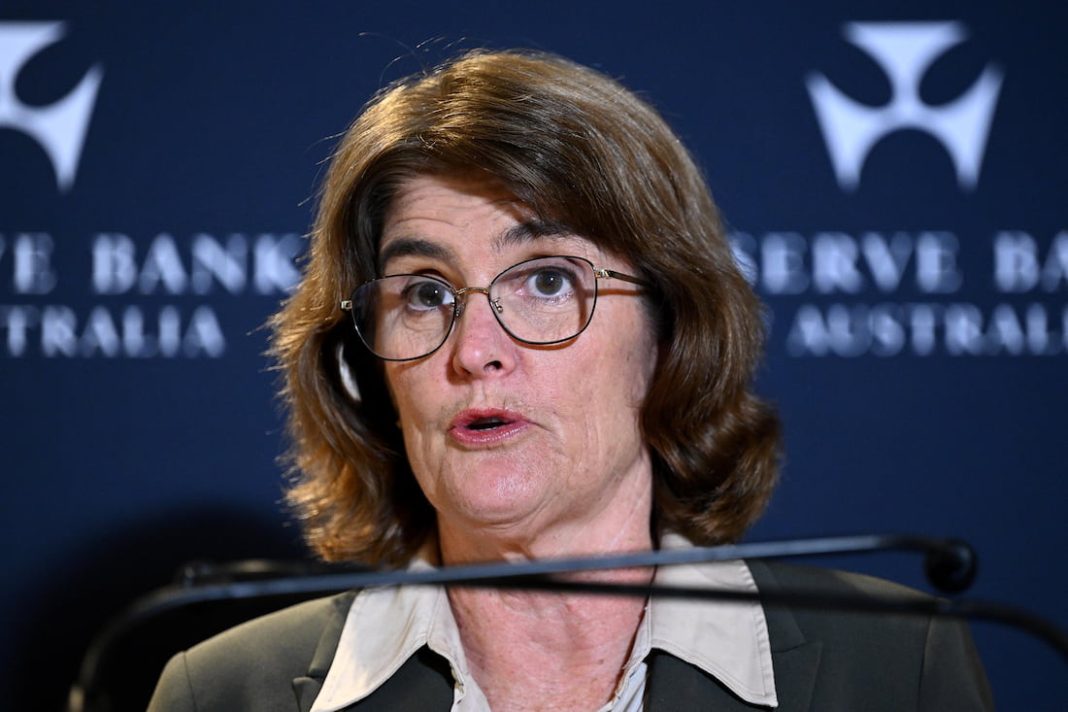A predicted fall in inflation will come a day too late for the Reserve Bank of Australia’s September interest rate decision but could give more clarity on when it will start cutting.
Government electricity subsidies and falling fuel prices are expected to result in a drop in headline inflation when the Australian Bureau of Statistics releases its monthly consumer price index data for the month of August on Wednesday.
After holding the cash rate steady at 4.35 per cent on Tuesday, Governor Michele Bullock predicted headline inflation to fall below three per cent, as previously indicated in bank forecasts.
But she cautioned the monthly figure is much more volatile and less influential to the board’s decision-making than the quarterly figure, next due in October.
Still, included in Wednesday’s readout will be services inflation and price growth in construction materials – two areas that have caused the Reserve Bank particular concern by contributing to underlying inflation’s stickiness.
“So that would be important, because what we’ve seen in the most recent inflation figures is that services has been the thing that’s been holding inflation up,” Ms Bullock said on Tuesday
The trimmed mean consumer price index, which irons out volatility in the headline figure, is still running too high for Ms Bullock’s liking – at 3.9 per cent according to the most recent June quarter data.
She said the board does not envisage any rate cuts in the near term with underlying inflation at the level it currently is.
“The board needs to be confident that inflation is moving sustainably towards the target before any decisions are made about a reduction in interest rates,” she said.
National Australia Bank senior economist Tapas Strickland predicts headline monthly inflation will come in at 2.7 per cent on Wednesday, but won’t make any difference to the likelihood of the central bank cutting rates before the end of the year.
He expects the first cut in May, while economists at ANZ and Westpac have pencilled one in for February.
But CommSec senior economist Ryan Felsman predicts below-expectation underlying inflation in the September quarter will cause the Reserve Bank to rethink its hawkish posture and usher in a December cut.
Treasurer Jim Chalmers said the monthly inflation data would show inflation has halved since the Albanese Labor government came to office.
“That’s a good thing,” he said.
“We are making welcome and encouraging progress in the fight against inflation and the fact that rates haven’t gone up for the best part of a year now is an indicator of that.”



